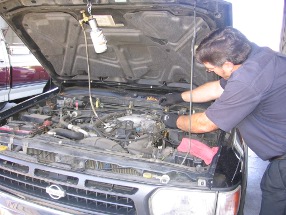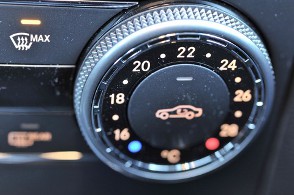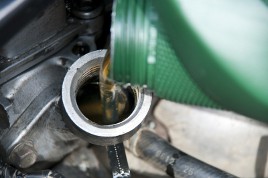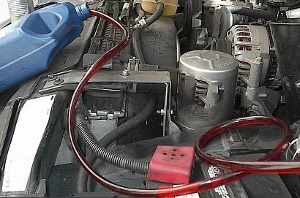Gotta love Colorado weather. One day you can be reaching record highs with the thermometer reaching into the 100 degree mark, and the next you can be hitting record lows with an inch or more of rain.
Preparing for that as a person is difficult – should you dress for summer and bring a jacket? But for your car, its another story. Your car may sit outside in the hot sun all day, and no matter what the temperature is outside, it can get even hotter inside.
When heat builds up, it can take its toll on a variety of things, including your car’s belts. And once a belt breaks, it produces a domino effect that results a loss of power to your car. Meaning you are stuck wherever the belt happens to break.
Instead of waiting for that to happen, being proactive can ensure you won’t be stranded at the most inopportune time. Belts are inexpensive and easy to replace. On your next oil change, ask your neighborhood mechanic to check your belts as well – if you work with the same mechanic again and again, they will be able to monitor your car’s condition over the years.
Another fortunate thing about belts is they are predictive by nature and usually give you plenty of warning before they fail.
Experts recommend changing v-belts every 40,000 miles or so, and serpentine belts around 50,000 miles.
You can also listen for noises, or for different reactions in your normal driving conditions. If you notice any of the following, its best to schedule a maintenance visit with your mechanic as soon as possible:
- Squealing
- Grinding
- Rattling
- Squeaking
- Rumbling
- Hissing
Remember, a good rule of thumb is to have your belts checked on a regular basis. With just a little TLC, you’ll keep your car from breaking down at the least opportune times.









